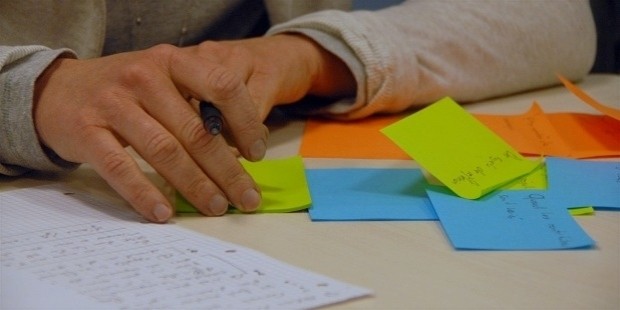Problem Solving Skills For Depression

Depression is a frequently occurring and disabling disease. It can make smaller problems appear huge which can get pretty overwhelming. To learn a better way to effectively deal with them helps you get through depression. The key to success is actually the hardest , to clearly define the problem. Once you have defined the problem , you can go about looking for solutions to resolve it. Lastly once short listed , it is time for the Plan of Action to put the solution into practice.
1. Problem Solving Therapy

Problems which are encountered by patients are looked into with an aim to be able to come up with solutions to these problems. Depression affects the problem solving skills of the patients so this Therapy is most suited for patients suffering from Depression. Here in emotions are put aside and patients are asked to look for solutions in an objective way.
2. Clarify And Define The Problem

There can be many reasons a person would go into Depression. It could be related to Work , Home or Love life etc. There could be diminished interest in all or almost all activities most of the day. Although the problem may seem obvious , it is important that time is spent by trying to be more specific about it.
3. Brainstorm

First step is to try and think of all possible solutions . By asking friends and family we may strike the right reason , however silly it may seem we must try and look for the solution . At times it is that most silly reason that we think was not worth it is the actual solution.
4. Focus on The Best Solutions

Once we have a list of all alternatives we can give it a thorough look carefully and pick up one or two ideas which could be the solution and look into them more closely. Write down the advantages and disadvantages on a paper and you may also ask one whom you trust for help.
5. Choose A Solution

Once a detailed solution has been shortlisted choose the one with maximum advantages and minimum disadvantages . It may not be a perfect solution yet but once started on you will have a lot of opportunity to fine tune it or maybe get rid of it and try another one. Before moving on , give a second look at the solution and make sure it still reflects as the solution of the original problem.
6. Make A Plan

Once the solution has been chosen , it is time to plan the action for carrying it out. You must clearly check what all would be needed to implement the solution , like would you need somebody or something to make the idea work and give it some sort of time frame and make the plan in phases so that you can review and know that you are proceeding in the right direction.
7. Review

The very first positive thing at this stage is that instead of living in Depression , you are now working on ways to overcome it. Keep on reviewing the progress at various phases pre-set so that you are aware of the progress and difference coming about from implementation of this solution.
8. Continue or Change Plan

On various reviews if you find that there is some improvement in your situation then go ahead and continue but if you find that the situation is actually not improving at all or worsening , then it is time to stop , turn back and have a re-look at the solution options you had.
9. Mood Management

A solid body of research shows that CBT based self management material to people dealing with Depression is an effective intervention. Fortunately various Health Care Agencies have supported in Developing and distributing new kinds of self management books and impart training.
10. Supported Self Management
Supported self-management is provided by trained primary care practitioners such as primary physicians or primary care nurses. They provide access to the self-management workbooks, explain the CBT approach, encourage the patient to give it a try and help the patient to set self-management Goals.
Depression is multifaceted , it is the result of interaction between daily stress , major life events, weaker coping skills, and depressive affect. People who are most vulnerable to Depression are the ones who either have inadequate problem solving skills or their skills are not being used as they themselves feel unable to change their situation.










